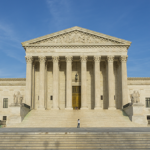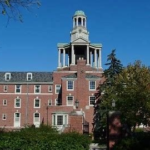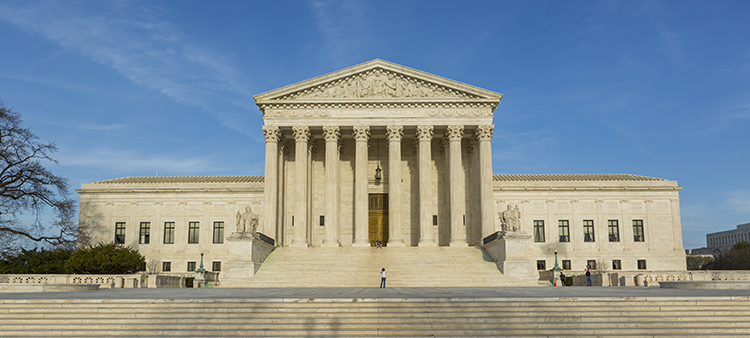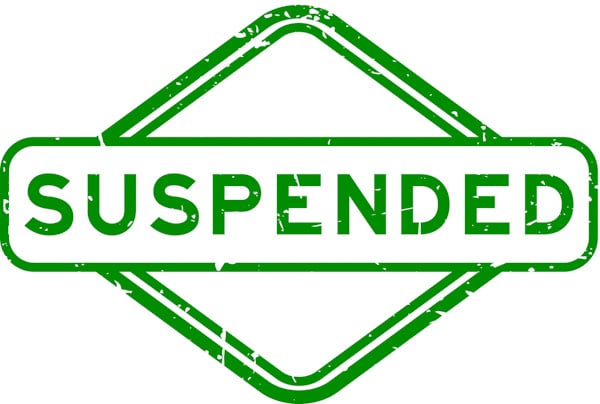To print this article, all you need is to be registered or login on Mondaq.com.
Regulated businesses, civic leaders, and the public at large
should be familiar with the emphasis being placed upon
“Environmental Justice” by both the federal and State
governments. At the federal level, the U.S. Department of Justice
and the Environmental Protection Agency (EPA), and at the State
level the New Hampshire Attorney General’s Office and the New
Hampshire Department of Environmental Services (NHDES) are
committed to ensuring that racial and socioeconomic issues are
considered when making a variety of environmental decisions ranging
from siting of new facilities, to permit issuance and renewal, to
enforcement. The governments will follow a more proactive strategy
with respect to the application of environmental laws in those
locations that may have historically been overlooked. These
Environmental Justice initiatives will affect the distribution of
millions of dollars in grant money, agency permitting decisions,
and almost certainly enforcement decisions by regulators and
prosecutors.
In April 2023, President Biden issued Executive Order No. 14096
On Revitalizing Our Nation’s Commitment to
Environmental Justice for All. The Executive Order directs
federal agencies to prioritize environmental justice, explaining
“we must advance environmental justice for all by implementing
and enforcing the Nation’s environmental and civil rights laws,
preventing pollution, addressing climate change and its effects,
and working to clean up legacy pollution that is harming human
health and the environment.”
What exactly is Environmental Justice? The EPA explains
Environmental Justice as, “the just treatment and meaningful
involvement of all people, regardless of income, race, color,
national origin, Tribal affiliation, or disability, in agency
decision-making and other Federal activities that affect human
health and the environment so that people are fully protected from
disproportionate and adverse human health and environmental effects
(including risks) and hazards, including those related to climate
change, the cumulative impacts of environmental and other burdens,
and the legacy of racism or other structural or systemic barriers;
and have equitable access to a healthy, sustainable, and resilient
environment in which to live, play, work, learn, grow, worship, and
engage in cultural and subsistence practices.”
In it’s October 2022 Statement on Environmental Justice,
NHDES elaborates on the EPA’s definition, explaining:
“There is a body of evidence that suggests certain communities
often bear a disproportionate impact from the implementation of
environmental policies. These communities are more likely to
experience: Greater exposure to environmental hazards, both outside
and inside the home; less access to green space, clean air, and
clean water; less access to opportunities for involvement in policy
and permitting decisions. NHDES recognizes that environmental
health disparities exist within the state. These disparities have a
lasting impact on the communities in which we live and serve.
Therefore, NHDES is committed to advancing EJ in New
Hampshire.” NHDES has set out in some detail the steps it will
take to further the proper consideration of Environmental Justice
issues in its permitting decisions. NHDES has also established an
Environmental Justice Coordinator within the department and has
published a detailed Civil Rights and Nondiscrimination
Implementation Plan, updated in January 2024, and available on the
NHDES website.
So what does this mean for New Hampshire businesses and
citizens? It will be easier and more convenient to track and
monitor a variety of issues using EPA’s “EJScreen,”
the agency’s Environmental Justice Screening and Mapping Tool.
Further, EPA will issue grants for funding climate resiliency and
adaptation; air, water, and waste pollution monitoring, prevention
and remediation; indoor toxics and air pollution monitoring, as
well as funding for engagement with disadvantaged communities.
In the regulated community, businesses and municipalities may be
required to conduct Environmental Justice analyses to obtain new or
renewed air, water discharge and other permits. These analyses may
be subject to the review of a broader range of regulatory agencies
than has been the case in the past. Regulated entities are likely
to encounter an increase in enforcement actions relating to alleged
environmental justice civil rights impacts associated with their
operations and discharges. Public screening tools will heighten the
ability of public interest groups to call the attention of
regulators to instances of disparate impact that might otherwise
have escaped notice.
Although these effects may be more acute in more populous and
industrialized areas of the country, no doubt New Hampshire will
see the impact of this heightened attention on Environmental
Justice as well. The bottom line is that New Hampshire’s
regulated community needs to be aware of this initiative and
account for it in its activities going forward.
The content of this article is intended to provide a general
guide to the subject matter. Specialist advice should be sought
about your specific circumstances.
POPULAR ARTICLES ON: Environment from United States
#Commitment #Environmental #Justice #Clean #Air #Pollution










